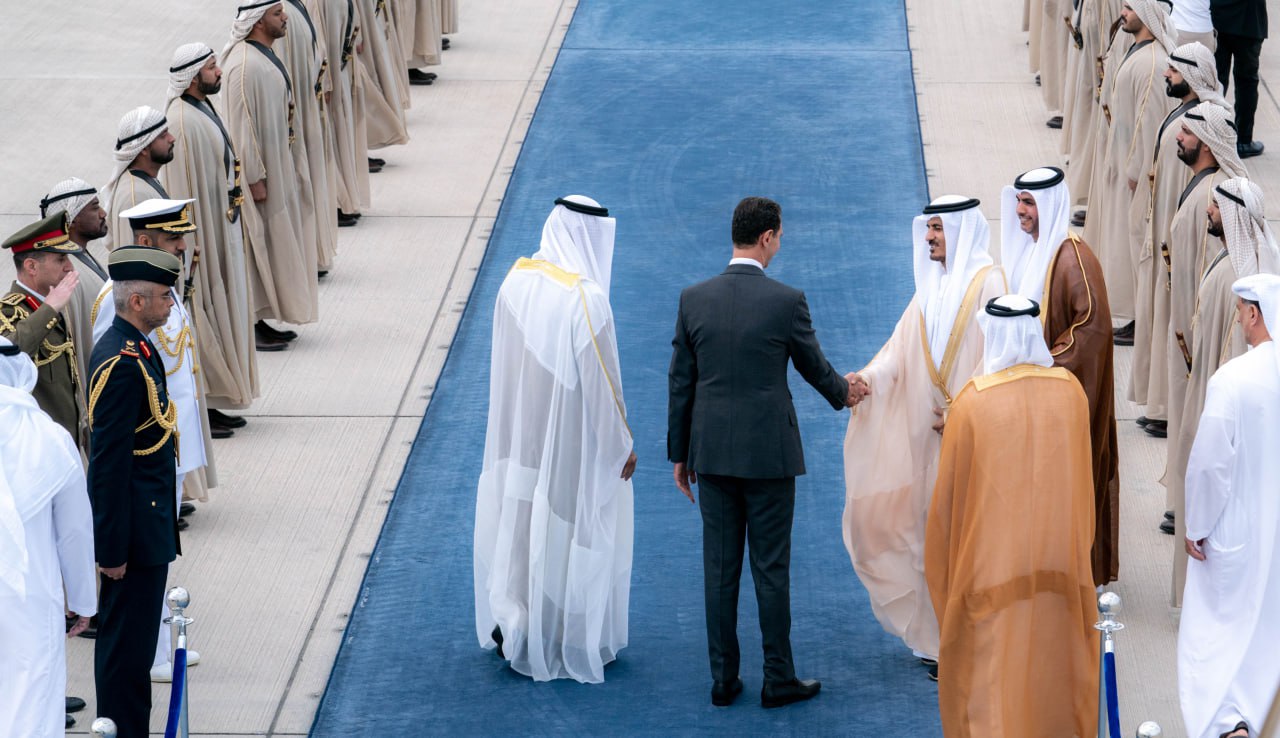Analyzing the possibility of official “normalization” between the regime and Saudi Arabia can shed light on the Syrian economy. Despite discussions of the “Arab Initiative” and the political demands for “normalization” with Assad in exchange for large sums of money, such negotiations appear unrealistic given recent regional developments. Instead, reports suggest that the “narcotics” issue has taken center stage, serving as the common thread among media leaks about recent negotiations between Damascus and Riyadh over the past three months. Saudi media sources have confirmed this. A “consular” normalization at the level of “chargé d’affaires” is expected to occur during an upcoming visit by the Saudi foreign minister to Damascus, serving as a gesture of goodwill in exchange for anticipated measures by the regime regarding the “drug trafficking” issue. These sources say Riyadh has made “clear requests” regarding this matter.
To explore this matter, let us consider the following question: Is it feasible for the Assad regime to forgo an annual revenue of $3 to $5 billion from drug trafficking to Gulf states, with Saudi Arabia at the forefront, in exchange for “consular normalization”? Additionally, what short-term economic benefits can the regime gain from a closer relationship with Saudi Arabia, particularly in combating drug trafficking?
One potential answer concerns Syrian agricultural exports to the Gulf market. According to Syrian official sources, there has been a recent increase in these exports, leading some to speculate that this reflects a developing relationship of “normalization” with Gulf countries. However, it is premature to draw such a conclusion without annual statistics that can provide a more comprehensive assessment of the volume of Syrian agricultural exports to the Gulf. It is worth noting that these exports typically fluctuate seasonally, with some seasons showing improvements while others decline. Currently, truffles and citrus fruits are among the most sought-after Syrian exports in the Gulf. We may see an active fruit export season early in the summer, similar to last year, before exports decline.
It is worth noting that the recent increase in Syrian agricultural exports to the Gulf market may be due, in part, to a significant decline in the volume of Syrian exports to the Gulf last year. While official figures for this decline are unavailable, semi-official estimates suggest it may have been as high as 50%. This decline was largely caused by the discovery of Captagon shipments in Syrian fruit and vegetable exports on more than one occasion. This led to increased restrictions on Syrian exports to Gulf countries. This underscores the importance of addressing the “drug trafficking” issue, as reducing it would positively impact Syrian exports to these countries.
This comparison highlights the economic feasibility of rapprochement with the Gulf as opposed to the economic feasibility of drug trafficking, particularly from the perspective of the regime. At the end of last year, the total value of Syrian exports (not limited to the Gulf region) was approximately $700 million, which is less than a quarter of the minimum proceeds from drug trafficking. Even if we assume an optimistic scenario and imagine that trade volume between the UAE, Saudi Arabia, and Syria returns to its 2010 level of about $1.7 billion (exports and imports), this figure still falls below half of the minimum annual drug revenues.
Of course, the above comparison does not seem appropriate in normal circumstances different from what exists in Syria. It compares the interests of a “gang” that benefits from drug trafficking with those of a “state” that benefits from the export of agricultural and manufactured goods. But does the decision-maker in Damascus think with a “state official” mentality? The answer leads us to question the regime’s seriousness in curbing “drug trafficking” to the UAE and Saudi markets, even if it has promised to do so. Not to mention questioning the ability of the head of the regime to impose. This is why the beneficiaries of “drug trafficking” operations within his regime and those close to him must do so, even if he wants to.
This article was translated and edited by The Syrian Observer. The Syrian Observer has not verified the content of this story. Responsibility for the information and views set out in this article lies entirely with the author.


